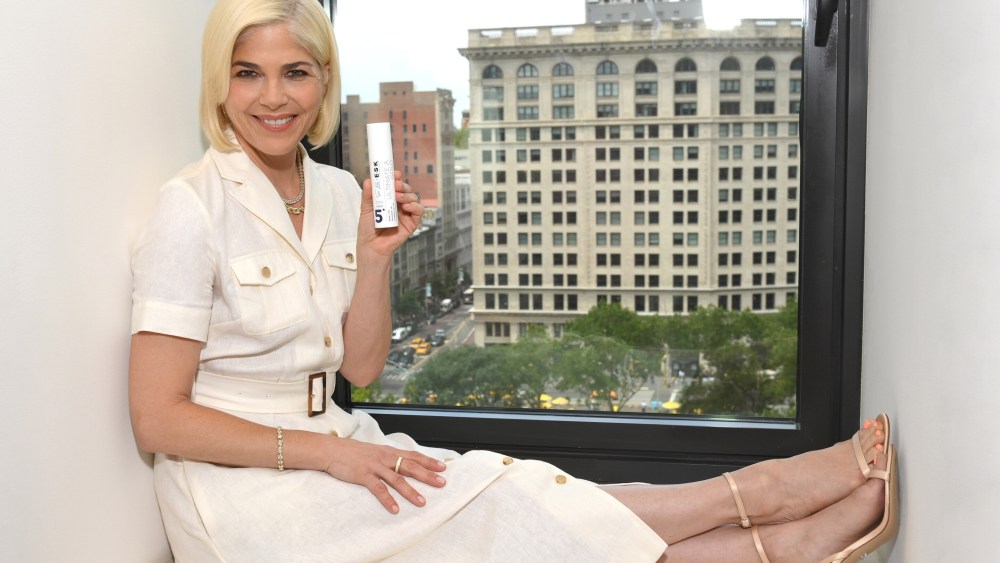There’s no denying that making friends as an adult is hard. Between the general anxiety around having to download a dedicated app like Bumble BFF and wanting to find the right “couch friend” to casually hang out with, building close friendships takes time and effort.
When you do finally find a group of friends, it’s the best feeling. That is, until you start to question whether you could be the “bonus friend.”
A bonus friend is someone who may not feel like a main part of the friend group: You may be more than an acquaintance, but you may also not be the first person invited to brunch. Plans may happen with or without you, and you could start to notice you’re not included in all the group chats. You get along with everyone, sure, but no one ever makes the effort to reach out to you first.
“The right friendships won’t make you feel like an outsider.”
And it’s not like the friend group isn’t friendly or nice when you are around – in general, you have a good time together, and it seems like people enjoy having you around. But at the same time, maintaining a friendship should be a mutual undertaking, and being a bonus friend can make you question where you stand.
“Being a bonus friend can be frustrating because it’s a reminder that you’re not as valued in the group as they are to each other,” psychotherapist Attiya Awadallah says. “But the reality is, the right friendships won’t make you feel like an outsider – they’ll make you feel like you belong.”
If the term “bonus friend” resonates with you, it may be time to start evaluating who you’re spending time with. Below, experts share signs you may be the bonus friend and what to do if you are.
Experts Featured in This Article
Attiya Awadallah is a psychotherapist and the owner of Lenora: Art Therapy and Counseling.
Jillian Amodio, LMSW, is a licensed social worker at Waypoint Wellness Center, a center that offers therapy and medication management.
What Is a Bonus Friend?
A bonus friend is the term used to describe someone who doesn’t feel like they’re a priority in their friend group, or the main part of said group. “They get along with the group and may be included when it’s convenient, but they aren’t a core part of the decision-making or the friendships that hold the group together,” Awadallah says. In some cases, the bonus friend may be closer to individual members of the group, and they may receive invites to gatherings via those individuals, but not from the host or organizer, licensed social worker Jillian Amodio says.
If you’re not sure if you’re the bonus friend, here are a few signs you could be, according to Awadallah and Amodio. Keep in mind, however, every friendship and group is different, so some of these signs may resonate with you while others may not.
Signs You May Be the Bonus Friend
- You find out about plans after they’ve happened.
- You’re not included in the main group chat.
- You are often the person reaching out first.
- You may not feel like you have the same level of connection to others in the group.
- You may not understand all the inside jokes the rest of the group does.
- You might hear statements like, “So-and-so is doing this thing, you should come with me to this party.”
What to Do If You’re the Bonus Friend
If you have a feeling that you could be the bonus friend, Amodio recommends you start by asking yourself how you feel about it. “If you are unsure of where you stand with the group, get honest about your own feelings first,” she says.
Ask yourself the following questions: How do you feel about each member of the group? How do you feel you are treated by each member? Are there any facts pointing to the possibility that you might be being left out intentionally? If so, where are these actions rooted? If not, is it possible to try to step out of the comfort zone and stretch a bit by putting yourself out there and expressing a stronger desire to join the group activities or invite them to join you?
Depending on your answers to these questions, you may decide you want to step away from the friendship completely. “Sometimes, being the bonus friend is just a sign that these aren’t your people,” Awadallah says. “If they repeatedly make plans without you and don’t make an effort to include you, it may be time to stop chasing their approval.”
However, if there are people in the group you actually connect with, or if you don’t think you’re being left out intentionally, communicate how you’re feeling. “The conversation doesn’t have to be an attack, it can simply be an opportunity to explore emotions and connections,” Amodio says.
The next time you see that you were left out, Amodio recommends saying something like, “I saw you all went out to eat on Saturday, would you mind if I join next time? The photos looked so fun!” or “The next time you all go out to dinner, let me know. I’d love to join if I’m free.”
Another option is to strengthen individual friendships instead of focusing on the main friend group. “Try making one-on-one plans,” Awadallah recommends. “You may find that some of them feel similarly or would welcome a deeper friendship outside the larger group dynamic.”
If, even after communicating how you feel, you still feel lonely or left out, it may be worth moving on to seek other friendships. “Instead of trying to prove yourself to a group that isn’t prioritizing you,” Awadallah says, “it may be more meaningful to invest in relationships that make you feel genuinely wanted.”
Taylor Andrews (she/her) is the balance editor at PS, specializing in topics relating to sex, relationships, dating, sexual health, mental health, travel, and more. With seven years of editorial experience, Taylor has a strong background in content creation and storytelling. Prior to joining PS in 2021, she worked at Cosmopolitan.




